
By Juliet ETEFE ([email protected])
Immediate past president of the ECOWAS Court of Justice, Justice Edward Amoako Asante, has urged law faculties across the West African sub-region to integrate ECOWAS Law into their academic curricula.
He emphasised that this step is crucial for fostering a generation of legal professionals equipped to advance regional integration, defend human rights, and uphold community laws within the Economic Community of West African States (ECOWAS).
“A critical constituency that I believe we must make special efforts to reach out to is our dear Law students. They are the future attorneys-general and ministers of justice, members and presidents of national bar associations, human rights lawyers and civil society leaders of the sub-region.
“It is, therefore, important for the Court to collaborate with law schools in member-states to ensure that their legal education includes courses on ECOWAS Law and the mandate of the court,” he stated.
As such, he called for a stronger partnership between the court and legal education institutions, suggesting that the ECOWAS Court can provide support through resource materials, guest lectures and collaborative research.
He was speaking during a public lecture at the University of Professional Studies, Accra (UPSA) on the theme ‘Building a Community Court of Justice That Works for the Citizens of ECOWAS: Some Reflections’.
Justice Asante commended the UPSA Law Faculty, the University of Ghana and KNUST for independently introducing ECOWAS Law into their courses.
He expressed hope that these laudable efforts would inspire similar action across other institutions in the region.
To further promote practical engagement with the court’s jurisprudence, Justice Asante revealed plans for the maiden edition of the ECOWAS Community Law Moot Court competition later this year.
This initiative will involve selected law faculties, with the aim to expand it in subsequent years to include all law schools in member-states. According to him, the moot will serve as a platform to deepen students’ knowledge of ECOWAS Law while sharpening their legal research and advocacy skills.
Beyond education, Justice Asante outlined several forward-looking suggestions aimed at strengthening the court’s operations and enhancing its relevance to community citizens.
Reform Article 24 for stronger enforcement
A major challenge the court faces, he noted, is the weak enforcement of its judgments due to the self-compliance system under Article 24 of the Protocol.
To this end, Justice Asante proposed critical reforms, including amending the article to empower judgment creditors to seek enforcement through national courts; and to enable individuals to request judicial sanctions against non-compliant states.
“It is essential that Article 24 be revised to reflect these changes. The current regime undermines the authority of the court and the confidence of citizens who seek redress,” he stressed.
He noted that while the ECOWAS Supplementary Act on Sanctions exists, it limits implementation to political organs {namely, the Authority of Heads of State, the Council of Ministers, and the ECOWAS Commission} and denies individuals the right to trigger sanctions—another gap that, in his view, must be addressed.
Expand stakeholder engagement
Justice Asante also encouraged the court to broaden its engagement beyond national capitals. He suggested holding sensitisation missions, legal trainings and outreach events in outside national capitals to reach a wider population, especially grassroots actors and vulnerable communities.
He called on national authorities to fulfil their obligations under ECOWAS Protocols, particularly the ratification and domestication of legal instruments.
As of 2024, only two active member-states—Liberia and Sierra Leone—had ratified both the 1991 Protocol and the 2005 Supplementary Protocol, a fact he described as alarming.
Justice Asante also urged bar associations and legal practitioners to familiarise themselves with the court’s jurisdiction and procedures, especially as the court’s rulings play a pivotal role in shaping democratic governance and human rights norms in the region.
Digital access to justice
He highlighted digital transformation as a pillar of the court’s accessibility reforms. Under his leadership, the court introduced an Electronic Case Management System (ECMS), which is set to go live by the end of April 2025.
This system allows electronic filing, service and management of cases in all three ECOWAS languages—English, French and Portuguese.
Justice Asante noted that the court’s modernisation efforts aim to remove barriers such as physical distance and cost, making it easier for citizens across member-states to seek justice.
The public lecture was organised by the UPSA Law School and attended by the Minister of Foreign Affairs, Samuel Okudzeto Ablakwa; legal luminary, Nana Dr. S.K.B. Asante as well as some current and retired justices of the Supreme Court, including Justices William Atuguba, Henry Anthony Kwofi and Richard Adjei Frimpong.
The post Incorporate ECOWAS law into legal education – Justice Asante urges appeared first on The Business & Financial Times.
Read Full Story
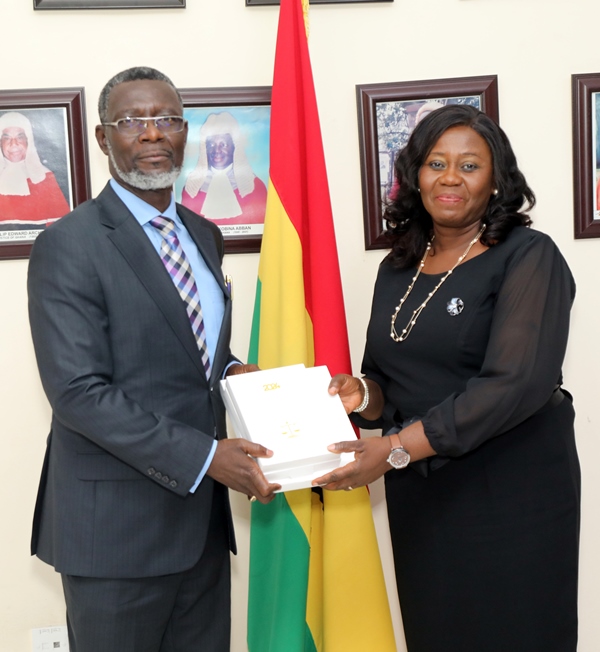
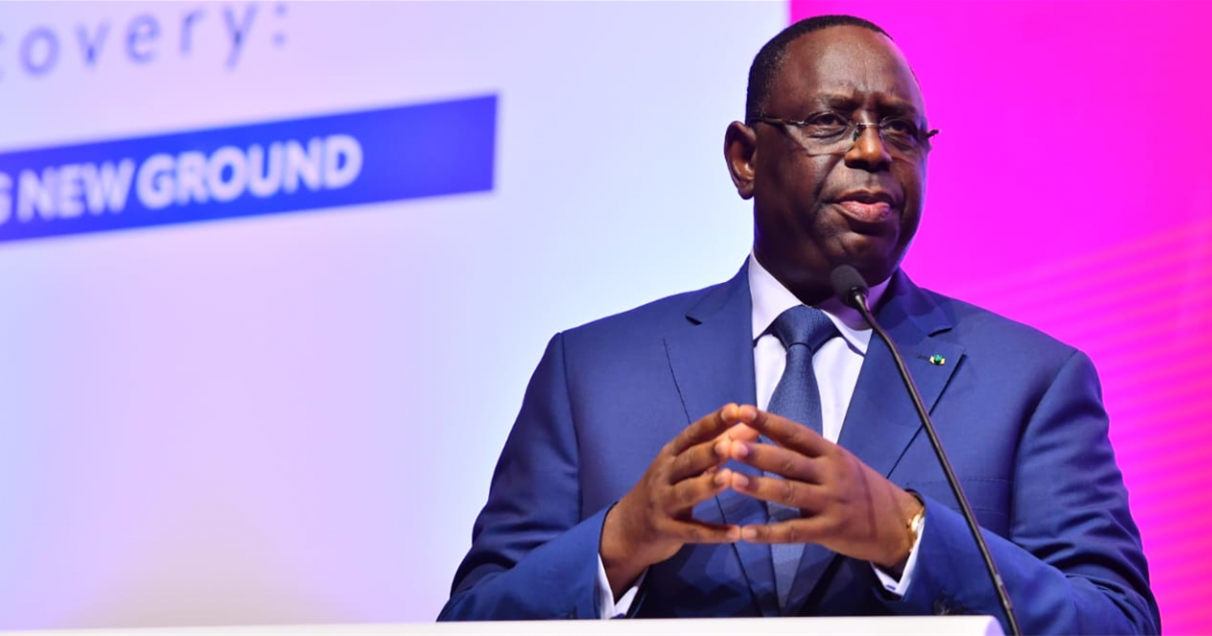
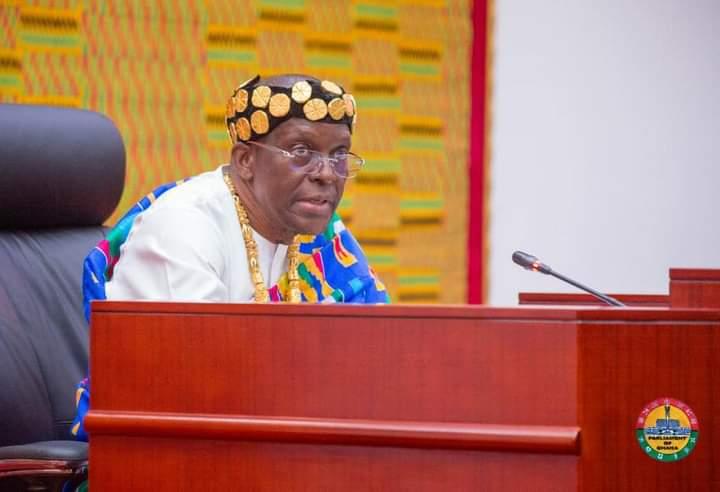
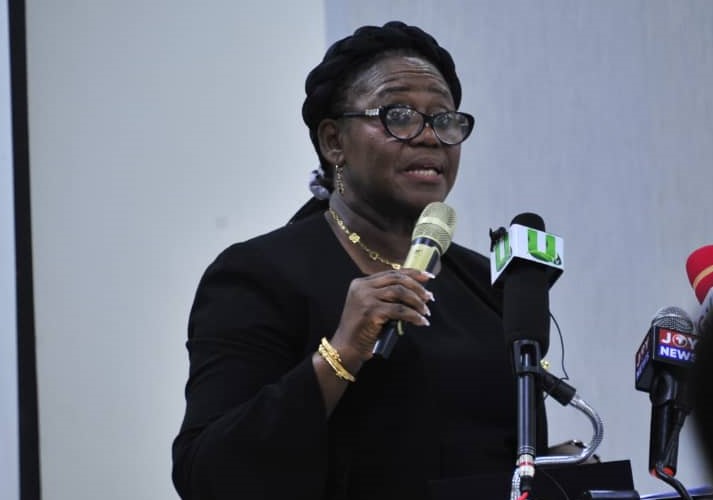






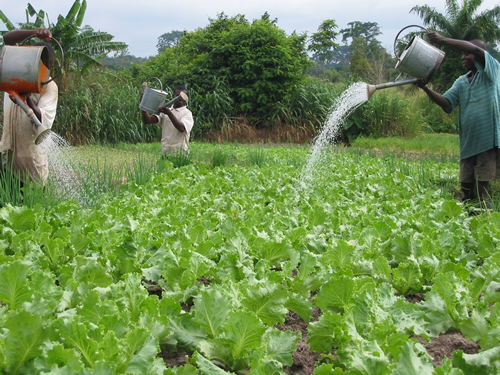




Facebook
Twitter
Pinterest
Instagram
Google+
YouTube
LinkedIn
RSS